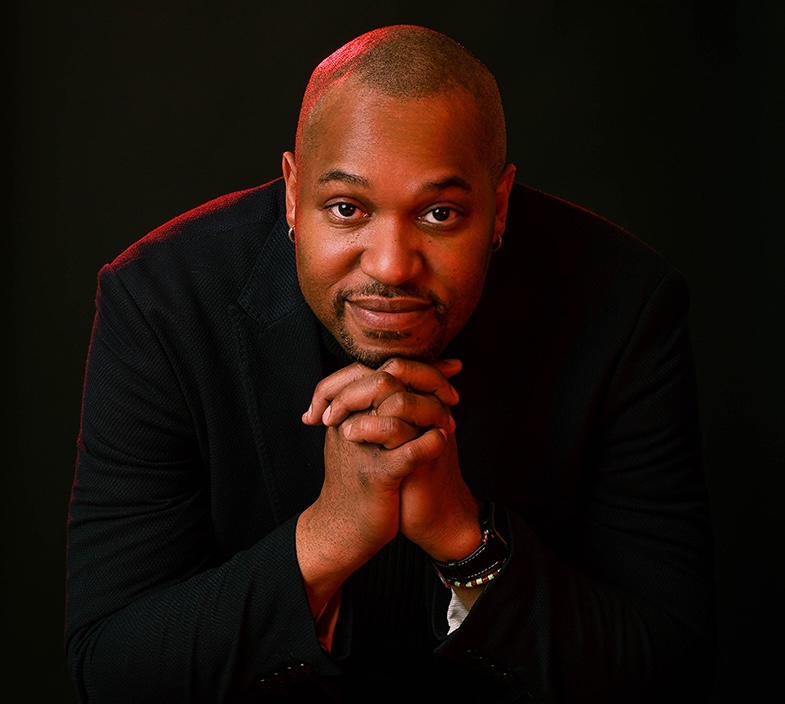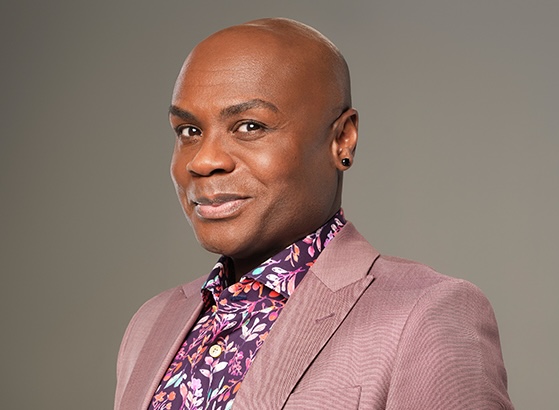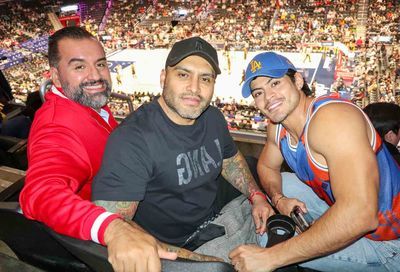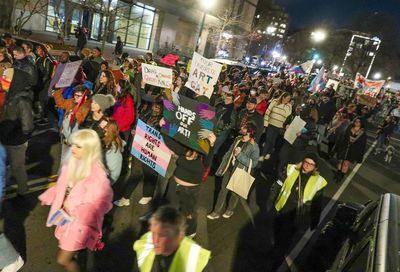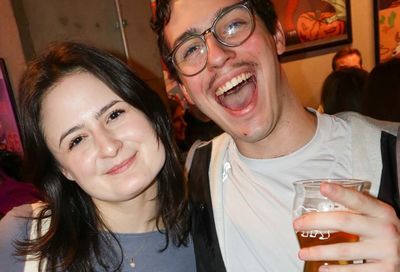Professor/Pundit
Melissa Harris-Perry takes her political insights from campus to cable
MW: How have you addressed those questions in your preparation for beginning this show of your own?
HARRIS-PERRY: Probably, much less self-consciously than you might think. Part of the benefit of coming over from the academy is that I am so naive of the norms of news creation that my naivety alone might lead to innovation that I don’t recognize as innovative.
At one point, I looked around the room [at the show’s staff] last week, and I was like, ”Oh my God, these are my graduate students!” People whose ideas are huge and who have read a thousand books and who are very funny and have very keen insights. I don’t know if it’s a non-normative group of people or not, but I suddenly realized why I liked all of them so much. It’s because they reminded me very much of colleagues and graduate students that I’ve had over the years – except for a few folks who are truly, like, serious TV veterans, and thank God they’re in the room. They’re pulling us back from having conversations about Immanuel Kant on television, which, apparently, is boring.
MW: From your background – although professors often appear on shows to talk for one segment about the issue they’re the ”expert” on – what was your process of becoming a public figure on television on many issues and not only an academic figure?
HARRIS-PERRY: I think like a lot of students who come to political science initially, I came because I actually like politics. I think about the 18-year-olds who fill up my classrooms now, and, for the most part, they don’t really know what political science is as a field. They come because they happen to be the quirky newspaper reader among all their friends, or the person who actually watched the State of the Union. They care about politics. I think the same thing happened for me. I initially got into the field because I actually care about the political world. I grew up in Charlottesville, which is the home of Thomas Jefferson. I probably memorized the introductory sentences to the Declaration of Independence as a first-grader or something. I think of them the way other people think of their catechisms.
I never lost that initial passion for politics itself. And, I think that I just happened to be in unique times and situations that allowed me to express it publicly. Had I not, in 1999, decided to take a job at the University of Chicago, it’s not clear to me that I would be here right now. But, I did, so that means that when this guy named Barack Obama ran against this guy named Alan Keyes in the 2004 Senate race, I was on campus. I was Barack Obama’s constituent, and I had just written a book about black politics. And I was a local expert. So I ended up doing a thousand hours of PBS talking about the 2004 Senate race because I happened to be there. If I’d been a professor at the University of Maryland – another wonderful, fantastic place – that wouldn’t have happened.
Had I not made the decision to come to Princeton – as much as I am hating that decision today – in ’06, who knows what would have happened, because it was the fact that I was driving distance to New York that meant that when Rachel got her show in ’08 that I could just hop in a car or on the subway and join her on set.
So some of it is about really making decisions to stay involved in politics, but some of it was very much the luck of the spinning wheel of political fortune that happened to make me the expert of things that were happening in the political world as they were happening.
MW: But where did that underlying passion come from?
HARRIS-PERRY: I got pretty radicalized as a result of some pretty bad personal experiences. I’m a sexual assault survivor. I never disclosed my rape. I never had any justice around it or anything. But, once I got to college, I got involved in sexual assault prevention work and that led to work around reproductive rights. We would walk as shields for women seeking abortions who were having to walk the gauntlet of the anti-abortion critics who were out there with the big posters of the aborted fetuses.
God help me, I worked on John Edwards’s Senate campaign during the years I lived in North Carolina – just, literally, licking envelopes and putting stamps on things. Harvey Gantt ran for Senate during my years in North Carolina, so I saw, sort of, the classic example of a racialized campaign between Harvey Gantt and Jesse Helms. You can’t be a part of that campaign and ever see the political world the same way again.
Support Metro Weekly’s Journalism
These are challenging times for news organizations. And yet it’s crucial we stay active and provide vital resources and information to both our local readers and the world. So won’t you please take a moment and consider supporting Metro Weekly with a membership? For as little as $5 a month, you can help ensure Metro Weekly magazine and MetroWeekly.com remain free, viable resources as we provide the best, most diverse, culturally-resonant LGBTQ coverage in both the D.C. region and around the world. Memberships come with exclusive perks and discounts, your own personal digital delivery of each week’s magazine (and an archive), access to our Member's Lounge when it launches this fall, and exclusive members-only items like Metro Weekly Membership Mugs and Tote Bags! Check out all our membership levels here and please join us today!



